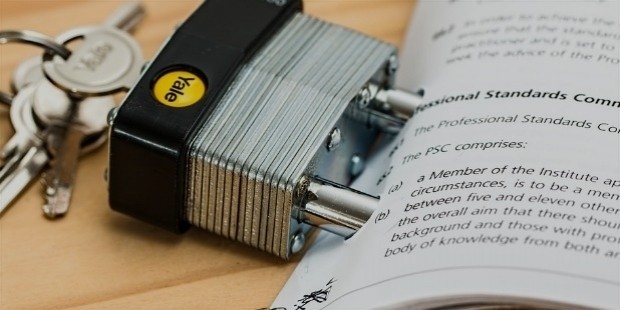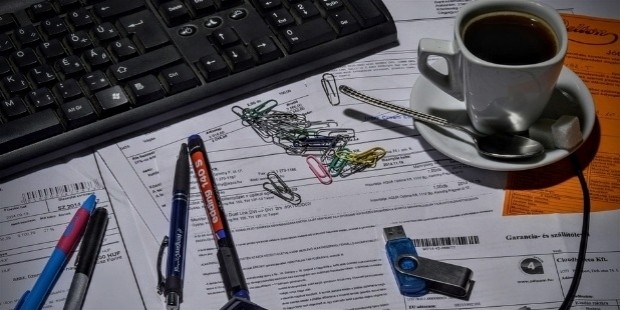Problem Solving Skills In The Workplace

There are two reasons why we tend to see a problem as a problem: it has to be solved and we're not sure how to find the best solution, and there will probably be conflicts about what the best solution is. People tend to do three things when faced with a problem: they get afraid or uncomfortable and wish it would go away; they feel that they have to come up with an answer and it has to be the right answer; and they look for someone to blame. Here are few steps for an effective problem-solving process.
1. Identify The Issues

You must be clear about what the problem actually is. You must keep in mind that different people may have different views of the problem as well as the issues , and solutions too. The biggest challenge is to overcome the tendency to immediately come up with a solution.
2. Understand Everyone’s Interest

This is a very critical step which mostly is missed out. Interests are the needs that you want satisfied by any given solution. We often ignore our true interests as we become attached to one particular solution. The best solution is the one that satisfies everyone’s interests.
3. List the Possible Solutions

Now when we face the problem it is the time to do some brainstorming . There may be lots of room for creativity or things that we are missing out. We must list out the options and evaluation of the options to enable study.
4. Evaluate The Options

Demonstrate Your Solving Skills
The next step is to honestly evaluate the possible solutions by high lighting both pluses and minuses clearly and penning them down . They are actually providing us with information that we can use to fix what needs fixing and do a better job.
5. Select An option or options

Increase Your Chances To Raise
Once we have a list of options lined up and have given a good thought over with negative and positives of all available options , we then shortlist the best possible option or options and find out if there is any chance of bundling up a number of options together for a more satisfactory solution.
6. Document The Agreements

Once the solution has been shortlisted we must write it down in detail and not rely on our memory. Writing everything down will help us simultaneously think through all the details and implications or impact expected now or in future.
7. Agree on Contingencies , Monitoring And Evaluation

One Decision Will Change Your Life
One must be well prepared as conditions may change , so make contingency agreements about foreseeable future circumstances. How will the compliance be monitored and the follow up steps must be planned well in advance. We must create opportunities to evaluate the agreements and their implementation.
8. Effective Problem Solving Techniques on The Job Keeps Problems From Reoccurring

Proper measures must be taken that the problem or issues do not occur again which means that such methods be adopted so that the recurrence does not happen which will lead to satisfaction of all concerned.
9. Skill With Which Employees Solve Problems Has A Direct Impact on Professional Effectiveness
The skills thus developed by solving the problems makes a direct impact on the professional performance and effectiveness and also a sense of self satisfaction overcomes the fear related to problems cropping up at the workplace. One identifies and resolves work problems more quickly and effectively, which changes employee behaviors and attitudes toward problems, and, consequently, be more empowered and successful at work.
10. Helps To Take Advantage of Input From Employees, Colleagues, And others

Maintain Healthy Relationships
There are two important things to remember about problems and conflicts: they happen all the time and they are opportunities to improve the system and the relationships. They are actually providing us with information that we can use to fix what needs fixing and do a better job.
Effective problem solving does take some time and attention more of the latter than the former. But less time and attention than is required by a problem not well solved. What it really takes is a willingness to slow down. A problem is like a curve in the road. Take it right and you'll find yourself in good shape for the straightaway that follows. Take it too fast and you may not be in as good shape.










